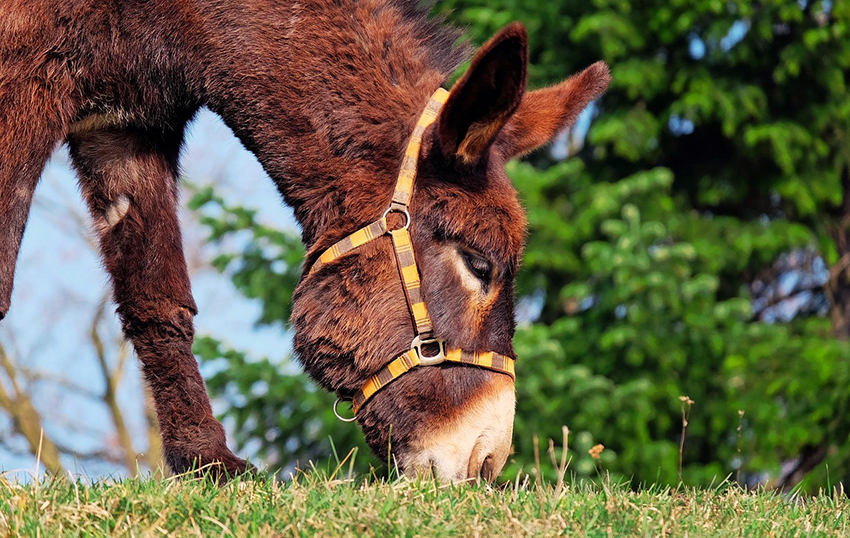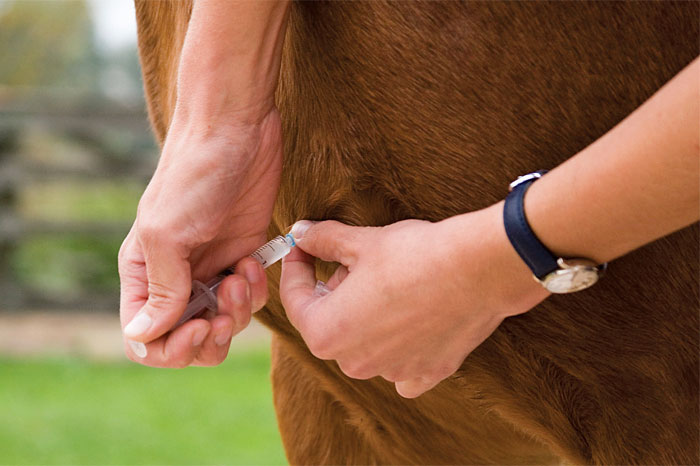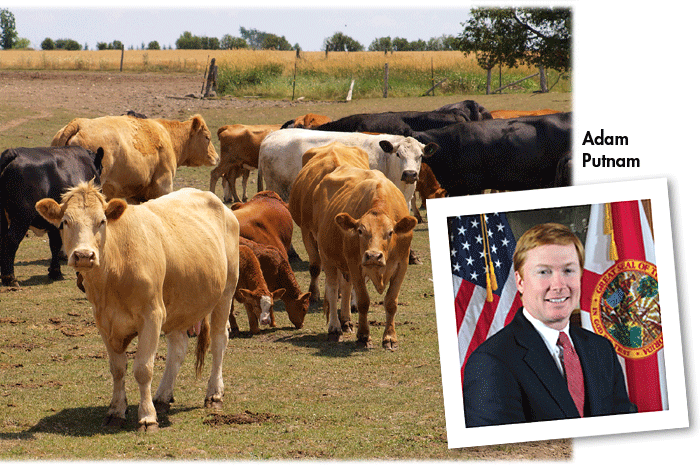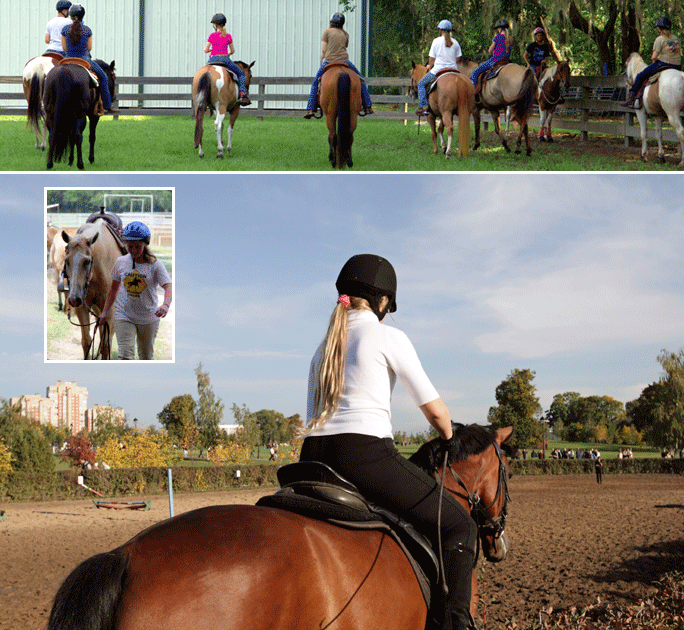Mules vs. Horses
What Side Are You Riding With? by TERESA SCHIFFER Mules versus horses, which is the better beast? There are folks on either side of the argument that can make a passionate case for each. Let’s take a look at some of the attributes of mules so you can decide where you land in this debate. […]






